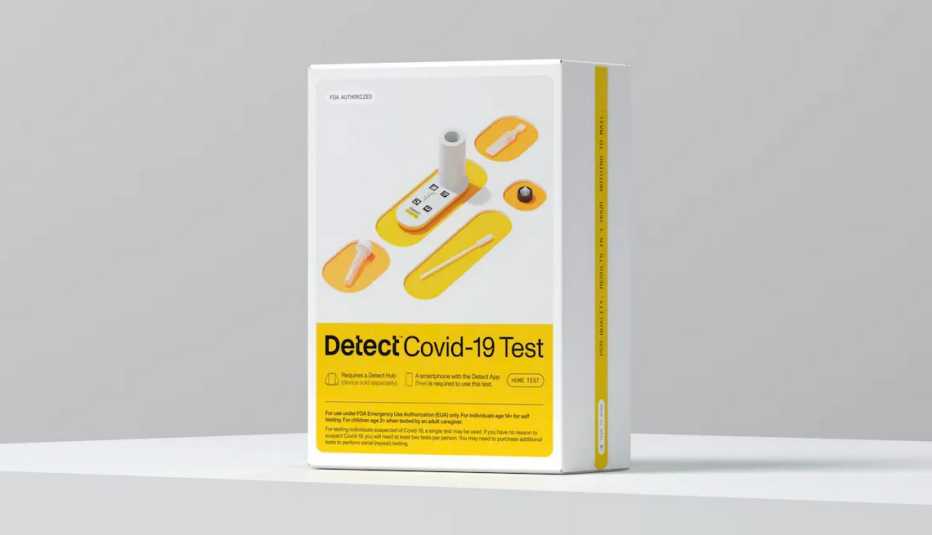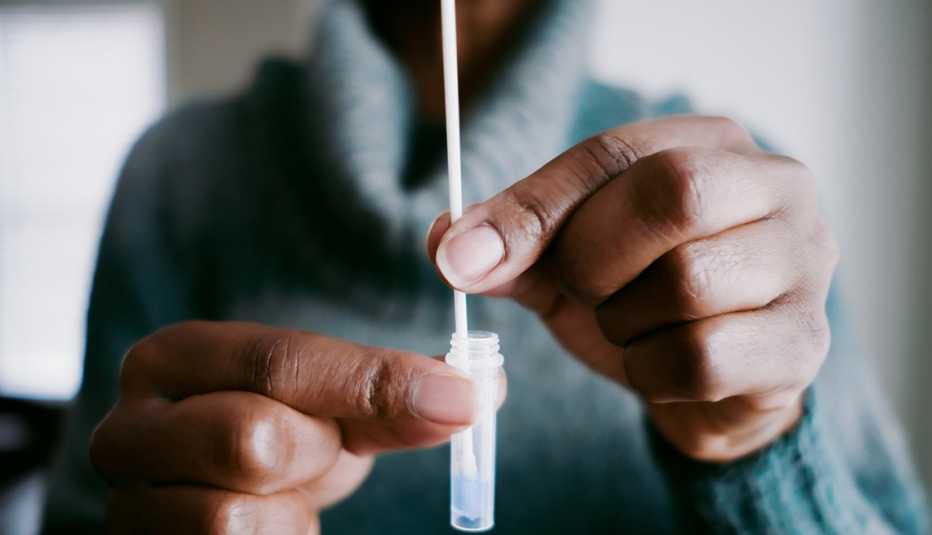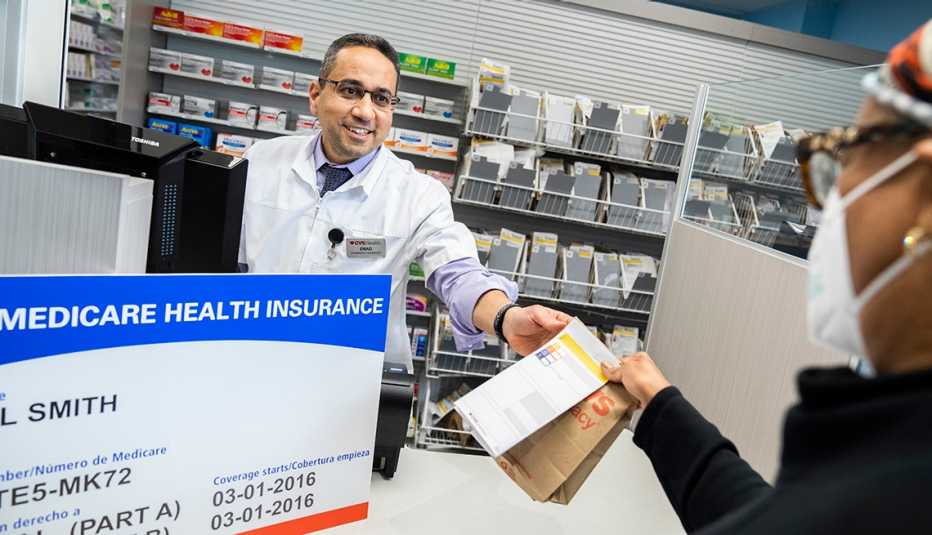AARP Hearing Center
With COVID-19 cases and hospitalizations climbing once again, more people are returning to at-home testing to determine if their cough is indeed due to the coronavirus. But before you rip open a box and swab your nose, be sure to check the expiration date.
COVID-19 tests have a shelf life, and if yours has been sitting in the medicine cabinet for some time, you’ll want to make sure it’s as accurate as the day it was packaged. Many are good for between 12 and 20 months; some need to be used within six to eight months. And a handful have expiration dates that have been extended by the U.S. Food and Drug Administration (FDA).
Here’s what you need to know before testing yourself for COVID-19.
Where can I find my COVID test’s expiration date?
The expiration date for FDA-authorized COVID-19 tests, which can vary by brand, is printed on the outside of the test’s box, much like how food expiration dates are posted on the outside packaging.
How is the expiration date determined?
Manufacturers do what’s called stability testing to determine the period over which the performance of the test is expected to remain stable while stored.
Stability testing takes into account varying temperatures so that at-home tests can be shipped in cold and hot climates. That said, your test could be affected by temperature if you use it while it’s still hot or cold, “such as being used outdoors in freezing temperatures or being used immediately after being brought inside from freezing temperatures,” the FDA says. To get the best results, make sure your test is at room temperature before swabbing.
If my COVID test is expired, should I still use it?
The FDA does not recommend using a test that has expired. The various parts and pieces that make up the test may degrade or break down over time, the FDA says, and this could cause inaccurate results.
But before you trash your test, check to see if it was recently assigned an extended expiration. Because stability testing takes time — sometimes upwards of a year — the FDA typically authorizes at-home COVID-19 tests with a shelf life of about four to six months and then adjusts the expiration date as stability testing data comes in, the agency explains.
The FDA recently extended the expiration date of several testing brands, including the iHealth tests that were mailed out by the federal government earlier in the year. To determine if your test has been affected, check this FDA list of authorized tests and look in the far right column under “expiration date.”









































































